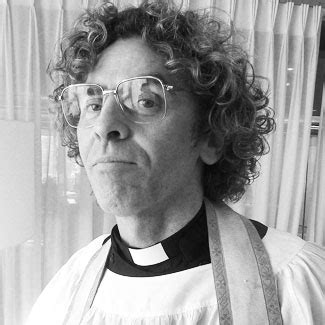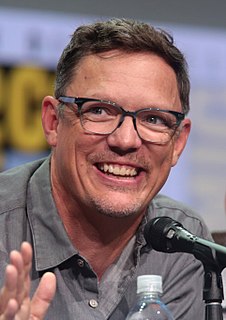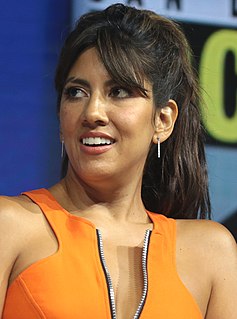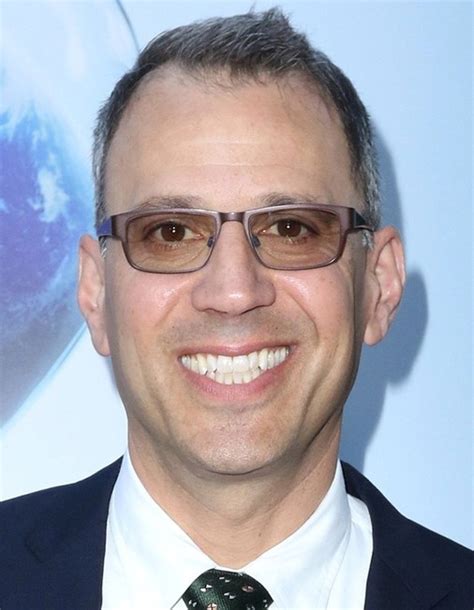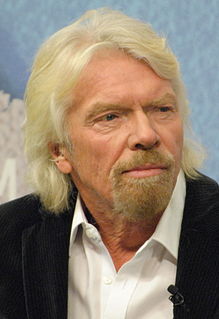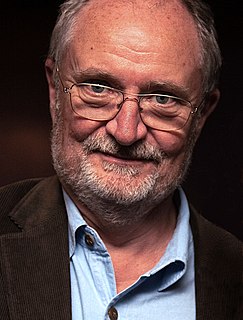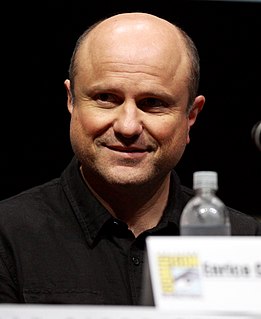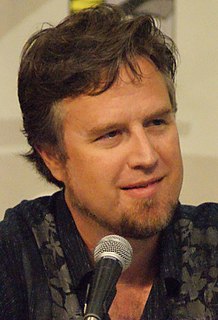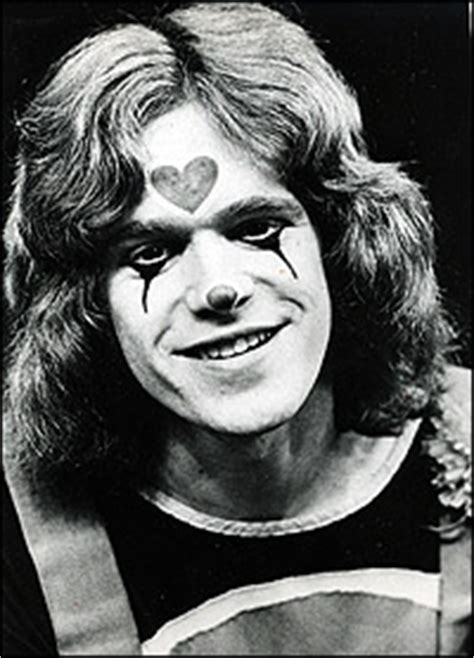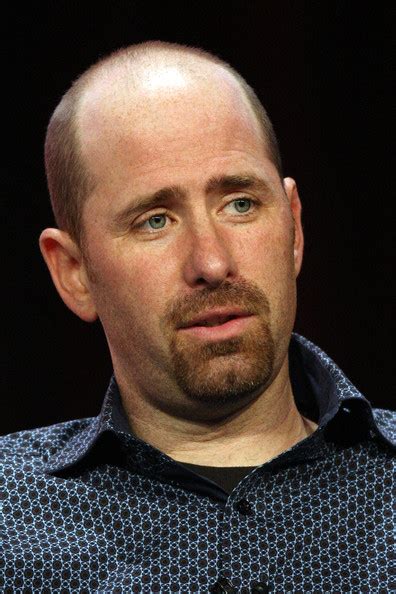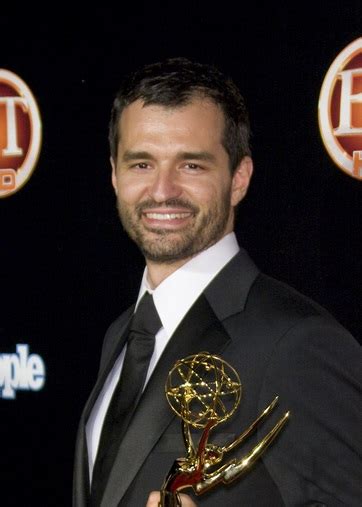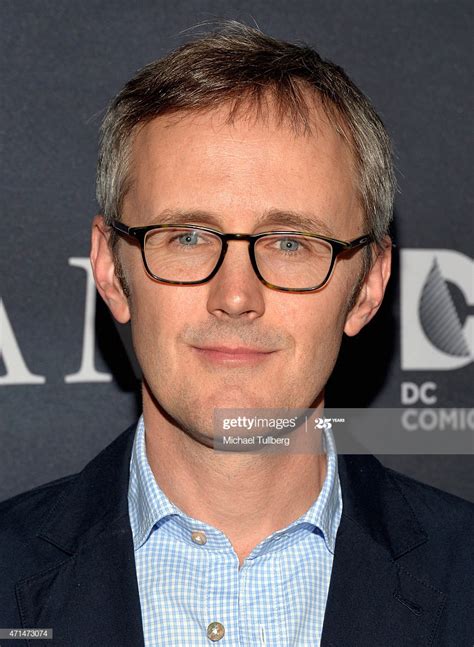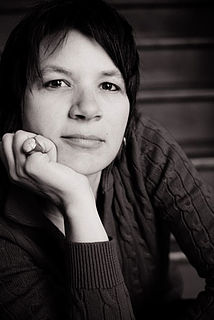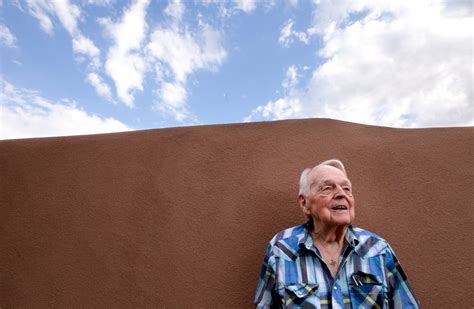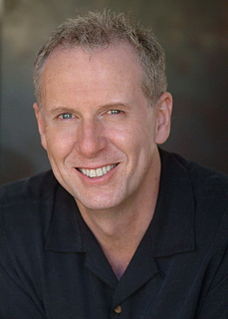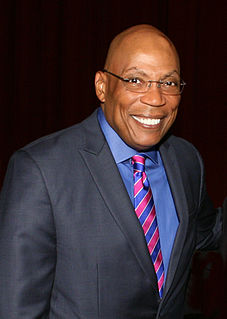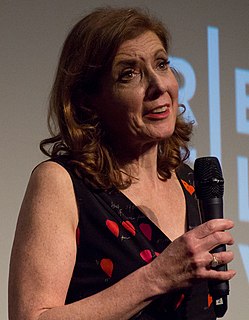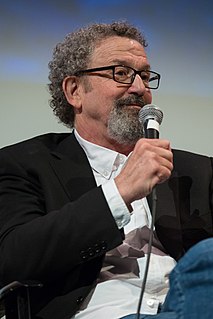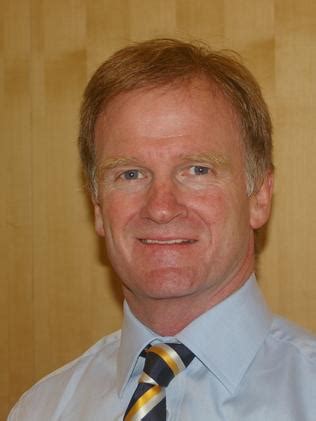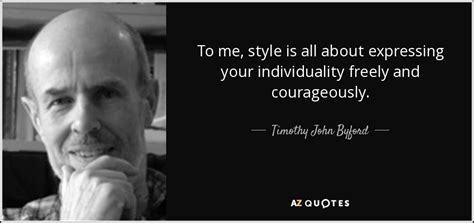A Quote by Declan Lowney
You couldn't hope to make a drama and have people rewriting on the day and having the actors making suggestions, "Wouldn't it be funny if my character did this?" "No. You're the actor. I'll tell you what to do."
Related Quotes
In terms of how I work with actors, having worked so heavily on the script I have a very clear idea of the characters; they are reasonably well illustrated in the script. If you cast it right, to a great degree you can hand it over to the actor and I just make suggestions. I'm not the kind of director who needs or wants to get into too much finessing. Ideally, when you hit the set, you have this conversation, like, 'eh, what did you think?' 'I don't know, what did you think?' 'Why don't we just try it again, make a few physical changes.'
If you're writing a bi character, did you look at a lot of bi actors for the role? Did you really go and find people that identified as queer? If you did, then great, and if you didn't find anyone you liked in that pool, well, that's surprising. If you write a character that's trans, the time is now - cast a trans actor.
We make movies about remarkable people like President Mohamed Nasheed of the Maldives in "The Island President" and Al Gore in the film, who get up every day and are driven in an almost inhuman way to make a change in a problem that they see in the world and shine truth into a very dark arena where bad actors try to lie to the American public to gain profits for fossil fuel companies. To us, that's a natural drama. And that's primarily where we work - character-based films that we hope will bring issues to life through their stories.
Comedy is more difficult than drama. I think it's really difficult to make someone laugh because people have very different comedic sensibilities. In drama, you can get away with being a great actor and surrounded by great actors and having good writing. But in comedy you have to listen and you have to perform with a certain rhythm, because if you don't, it's like playing a wrong note in the orchestra and you can hear the off key and it will fall flat and you won't get that instant response.
When you're studying drama, when you're a young actor, there are simple rules about acting. "Why am I here? What prevents me from leaving? What am I trying to get? How do I hide something?" So when you're making a film like Abel's movie, you want to be thinking about those things all the time. And you wanna be armed with those things, and you hope the other actors you're working with have the same understanding of drama and scene and acting. Sometimes it works and sometimes it doesn't.
As a young actor, I was advised to bide my time. Back then, there weren't good roles for someone like me. There were handsome leading men and character actors for smaller supporting roles. But I was told to hang in there, and it was good advice. We're all character actors now. Even a handsome man is a character actor at my age.
I really admire actors who have time, because time is really the greatest luxury for an actor to live with a character, to develop a walk and a talk, or to listen to tape if you're playing a real character. But without time you're really just forced to make quick choices and move on and hope that the spaghetti sticks against the wall.
I want here to make three suggestions: first, that the doubts the ordinary man feels about religion are justified, and need not be stifled or concealed; second, that there is no ground for the view that Christianity is the only alternative to communism, or that there can be no sound character training that is not based on religion; and, third, I want to make some practical suggestions to the parents who are not believers, on what they should tell the children about God, and what sort of moral training they should give them.
You can't make theater happen without actors. The actor is the central ingredient in making theater happen. Audiences may come to theaters to see the work of stage managers, directors and producers, but the only people who can communicate theater magic to audiences, through ideas and emotions, are the actors. They are the only ones who can communicate this by themselves, and if necessary, they can get along without you. But you can't make theater without the actor.
